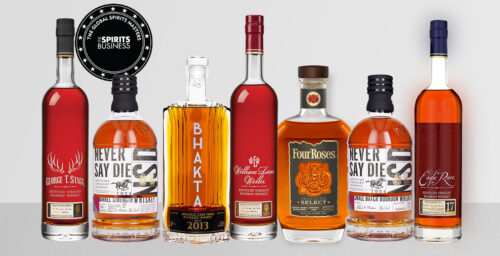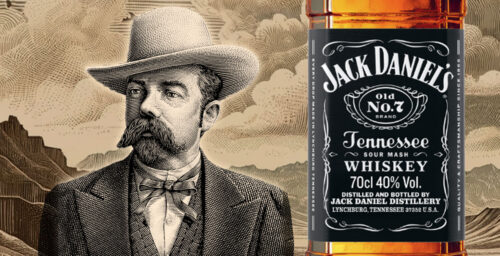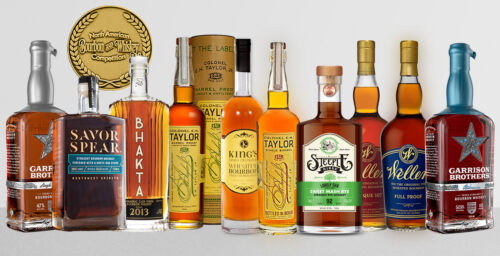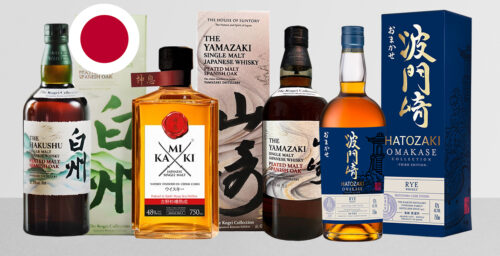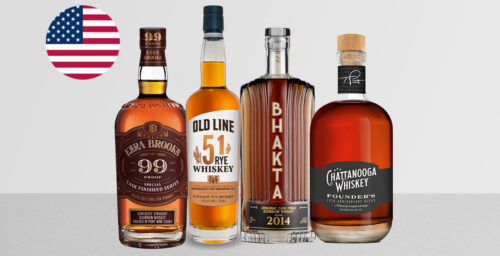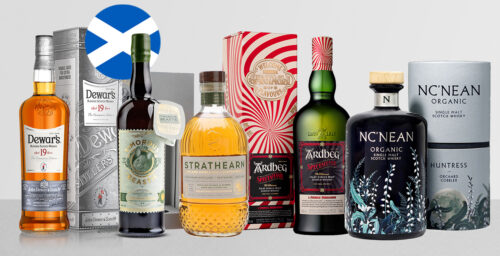Editor’s Note: This column is republished with permission from its author.
Everybody knows what age statements are, but many don’t understand what age statements really mean. So, some facts about age statements.
For whiskey, in the U.S., an age statement is required if the whiskey is less than four years old. After four years age statements are voluntary. In Europe, an age statement is never required but a grain distillate must be aged at least three years to be called ‘whiskey.’ The U.S. has no minimum age requirement. It has the age statement requirement instead.
Although age statements are voluntary, they must be true. For the statement to be true, it must give the age of the youngest whiskey in the mix. Only if a product is single barrel or bottled-in-bond will it all be the same age.
In practice, an age-stated product will mostly contain whiskey at or just over the stated age, with a little bit of older whiskey, but you never know unless the distiller tells you. That too is voluntary and typically changes over time.
As a distillery’s inventory changes, along with changes in sales and product mix, the age statement once seen as a marketing advantage can handcuff the producer, preventing it from using whiskey that has the right taste because it doesn’t have the minimum calendar age.
Since most age statements are voluntary, they are used only when the brand feels an age statement will help sales without hamstringing the production side. When an age statement becomes too restrictive, it is changed or, more often, dropped. This is nothing new. Wild Turkey lost its 8-year-old age statement more than 20 years ago.

Of the four, Knob Creek was the oldest, cheapest, and most successful. Today Knob is a substantial and well-established brand. With inventories tight industry-wide due to booming sales, the Knob age statement became expendable.
The use or non-use of an age statement is always a marketing decision. When most bourbon sold was barely 4-years-old and not age-stated, a few brands decided to go with a modest statement, like Very Old Barton at 6, or Evan Williams at 7, to differentiate themselves from the NAS (non-age stated) products in the same price segment.
That was easy to do 40-50 years ago. Today it’s a problem. If you have an aged-statement product and more demand for it than your inventory can support, you have three choices. (1) Keep the age statement and start allocating the brand, keeping your sales and profits flat. (2) Keep the age statement and raise the price enough to raise profits despite flat sales. (3) Lose the age statement, keep the price more-or-less the same, and increase profits by producing enough (using some younger whiskey) to meet growing demand.
In the old days, brand loyalty was all. Today many bourbonistas like to drink around but brand loyalty is still very important. Producers know from experience that most loyalists have a good taste memory. They know how their regular brand tastes and you tamper with that at your peril. A price increase is the second worst thing you can do. If a price increase is modest and there are no viable alternatives, people will accept a price increase. But if the flavor changes, the people who were your best customers will abandon you in droves. Lose the age statement and, while there may be some carping, sales won’t be affected.
The reassuring thing is this. Since changing the flavor is the deadliest sin, the producer will do everything it can to keep the flavor the same. That is their highest priority. Their business depends on it. So it is preposterous to suppose that the disappearance of an age statement will mean an immediate or even long term debasement of the product. The truth is exactly the opposite. The age statement was sacrificed to protect the flavor.
Businesses, more even than humans, tend to be rational animals. They act in what they perceive to be the best interest of the business. You can count on it. When that interest coincides with your interest, you have nothing to worry about.

